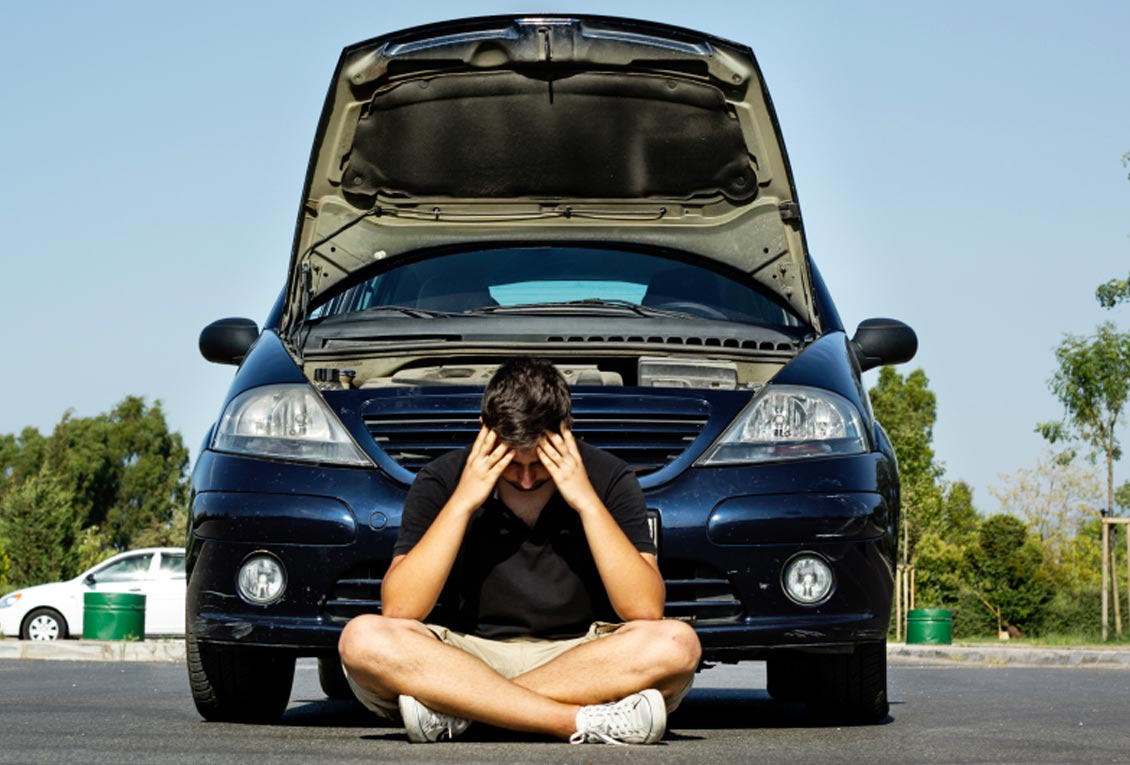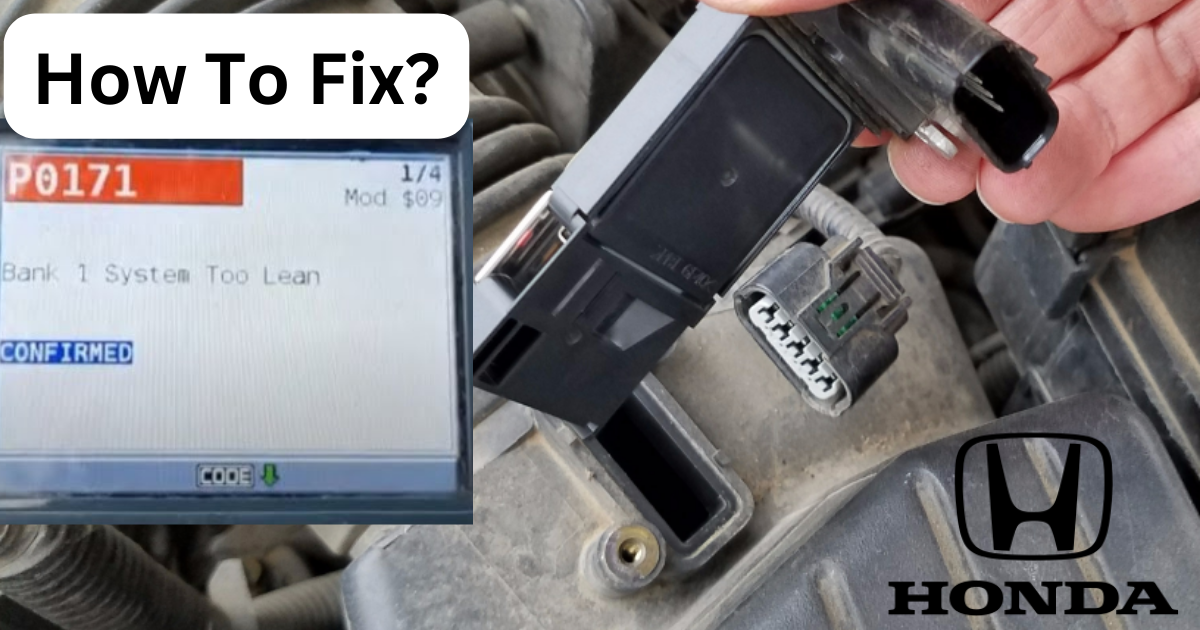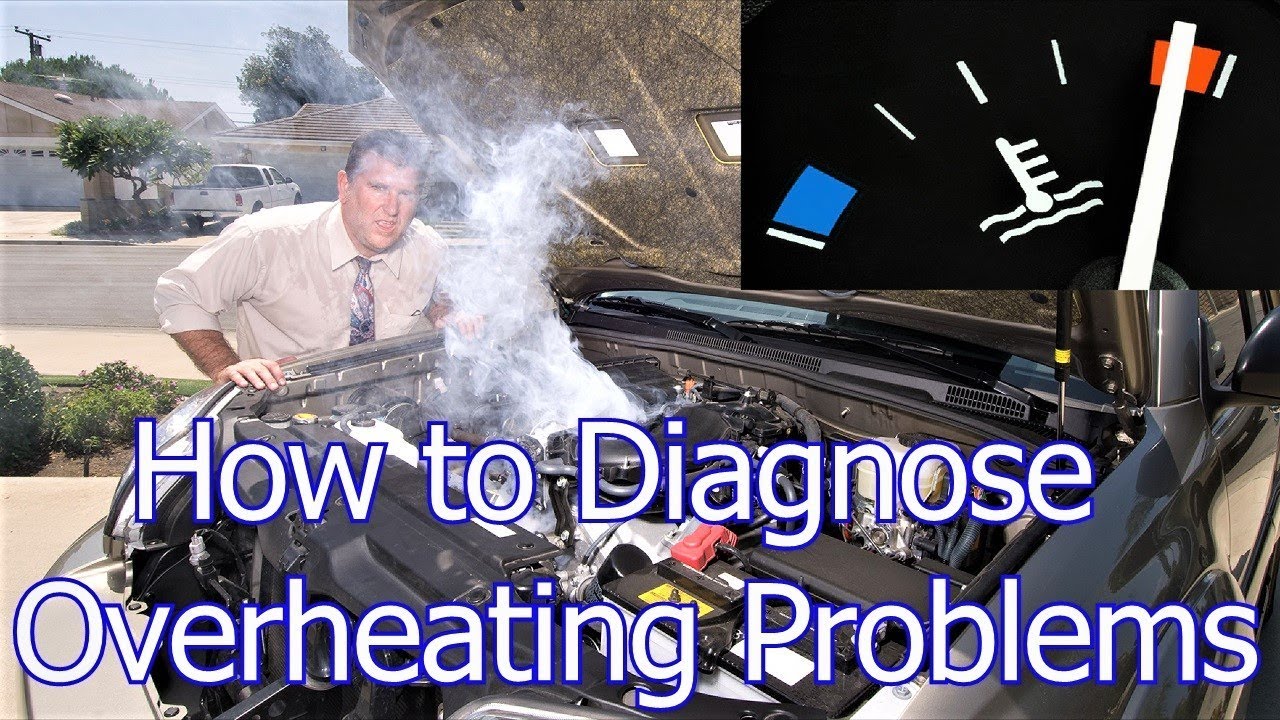The engine’s moving components are supported by the engine bearing. These moving parts lose their equilibrium when this support is gone, which can lead to issues including misalignment, internal collisions, and increased friction.
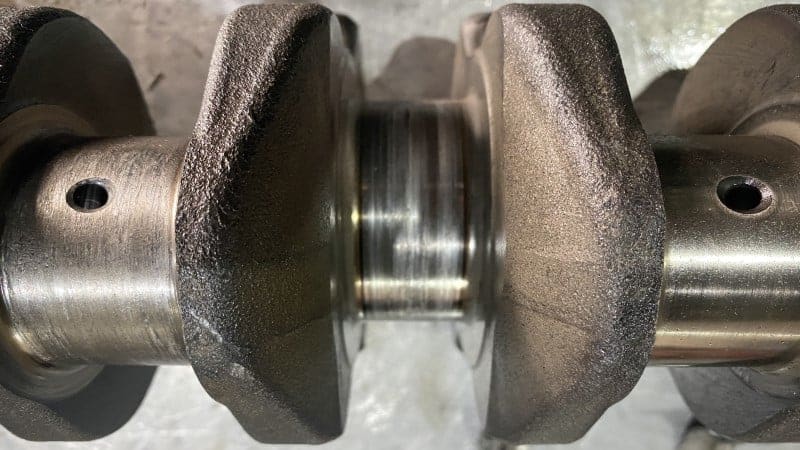
How do I know if an engine bearing is failing?
There are certain indicators that are hard to miss when an engine bearing breaks. A few of these symptoms could be severe knocking noises, an overheating engine, low oil pressure, and more.
Here are some indicators of bad engine bearing failure.
1. The engine getting too hot
The engine’s excessive heat is caused by extra friction, which in turn is caused by a broken bearing. The bearing’s role in preventing metal-to-metal contact and keeping the oil pressure steady is well-known.
Depending on the severity of the damage, the oil pressure gradually decreases when the bearing is destroyed. Reducing the oil pressure causes the moving portion to experience more friction. The engine of your vehicle will eventually overheat.
2. The oil pressure drops
The engine’s oil pressure may be impacted by the wear on the engine bearing. The wear and tear on a bearing causes the gap between it and the journal to widen. It releases a lot less pressure into the oil while letting more of it flow.
3. Roughly sitting
Engine vibrations or rocking occur when worn-out bearings are unable to support the moving part. When engine components vibrate or rock uncontrollably, it results in harsh idle.
4. Distressed engine noise
A rod knock, a deafening hammering noise produced by the engine, is one of the most noticeable signs of a worn out bearing. As engine RPM rises, the effect becomes even more pronounced.
The worn-out bearing has caused additional clearances, which is the cause of the banging sound emanating from the engine. On both the top and bottom strokes of the piston, the rod ends bump up against the crankshaft. The collision will be ongoing, and the knocking sound will rise in tandem with the engine’s revolutions per minute (RPM).
5. Unwanted vibration
The engine’s crankshaft and connecting rods, among other moving components, rely on the engine’s bearings for their support. Additionally, it stops metal from coming into touch with metal, which could lead to rapid wear.
When the engine bearing wears down, it no longer provides enough support for the moving parts, causing them to jiggle around when the engine runs. Driving in such conditions is extremely risky because the engine parts will wear out from the constant vibration.
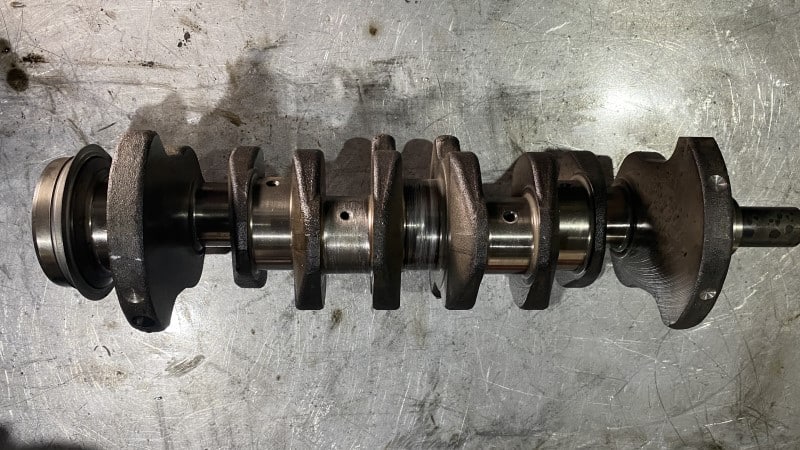
Reasons for Engine Bearing Failure in the Past
The bearing could fail for a variety of reasons. A major contributor, though, is using the wrong oil. Contamination and crankshaft-bearing body misalignment are two other potential reasons.
The reasons engine bearings fail are listed below.
Not enough grease
Using the wrong kind of oil or not having enough engine oil is a leading cause of bearing failure in engines. As a result, the engine bearing will experience increased friction due to an inadequate amount of lubrication.
The engine component’s friction could accelerate the bearing’s wear.
Out of alignment
Another potential cause of engine bearing damage is a mismatch between the crankshaft and bearing housing. If the crankshaft is deformed or not properly installed, it could lead to the engine vibrating unnecessarily.
The engine bearing is just one of many components that could be damaged by severe crankshaft vibration. Because it would rub against other parts, wear would rise.
Contamination and corrosion
The bearing’s assemblies are very vulnerable to contamination from water, sand, or any other source. The bearing’s oil may become contaminated and lose some of its lubricating properties. Because of the high amount of wear it will endure, the engine bearing could eventually give up.
Spalling
Bearing surface cracks, also known as spalling or fatigue, pose a threat of component failure. A failure of the engine bearing is inevitable as the spalling progresses.
How can I keep my engine bearings from failing early?
In order to keep your car from experiencing engine-bearing symptoms or failure, consider the following measures.
- Make sure you use the appropriate engine oil (or one that is close) by checking the handbook for your car.
- You must never miss a service appointment for your vehicle.
- It is important to select the correct bearing design while changing the engine bearing.
- Make sure the bearing is screwed in correctly.
- Check the hardening wear seals to make sure they are in fine shape.
- Make sure the engine oil is at the correct level and in good condition by checking it periodically.
Conclusion
It is critical to address engine bearing issues promptly rather than putting them off. If you don’t check for a bearing failure soon enough, it could cause expensive engine troubles.
Maintaining a high standard of engine care will go a long way toward avoiding bearing failure. Some things you can do to keep your engine from breaking down include keeping it well-lubricated and utilizing high-quality bearings.



